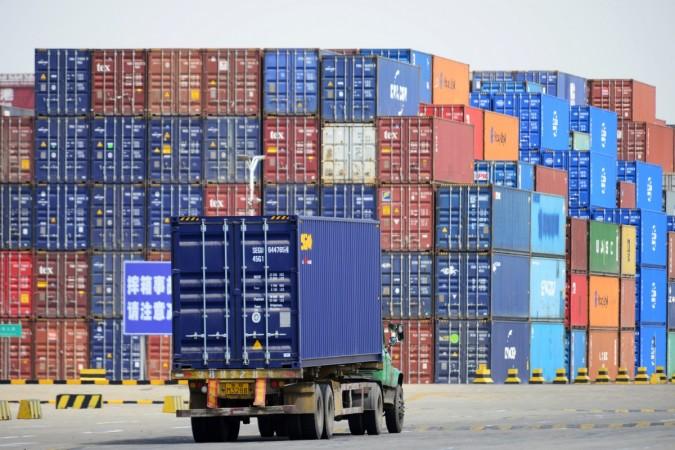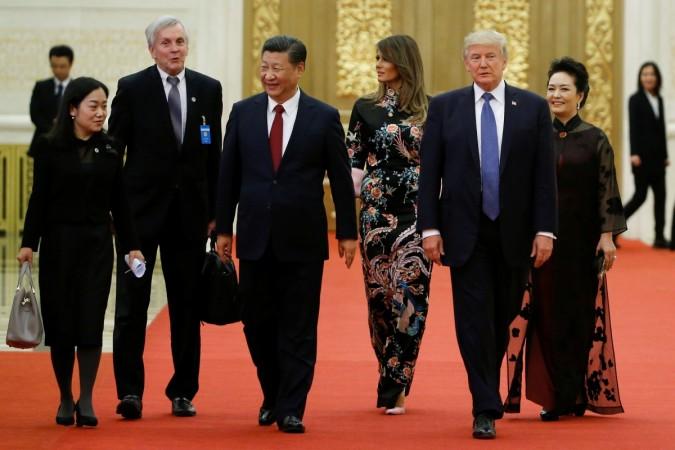
The escalating US-China trade wars are likely to keep traders on tenterhooks and the markets volatile despite the semblance of a pullback on Wednesday after a mad Monday that saw global markets erase $1.4 trillion of investor wealth. Tuesday's pullback saw New York Stock Exchange benchmark S&P 500 gained 0.8 per cent and Nasdaq 1.14 per cent.
Asian and European markets on Wednesday tacked the US benchmarks to close higher with Shanghai Composite gaining nearly 2 per cent and Hong Kong Hang Seng 0.52 per cent. Indian benchmarks continued their losing streak as they were beset with volatility induced by the ongoing general elections, and reports that Prime Minister Narendra Modi may be forced to return with a lower majority in the Lok Sabha for his Bharatiya Janata Party (BJP), considered by many to be market friendly. The Indian currency has slumped against the dollar since the outbreak of the US-China trade war rhetoric and hovered over Rs 70 a dollar.
Washington more than doubled tariffs on $200 billion in Chinese trade, provoking Chinese President Xi Jinping to retaliate with tariffs on US agricultural and other products amounting to $200 billion trade. Trump has expanded the trade war further, taking the first steps to impose roughly $300 billion in additional Chinese goods under import levies, the Washington Post reports.

The markets' confusion has worsened after a set of tweets from US President Donald Trump gave the impression that his GOP team had not thought through the event sequences. Trump tweets predicted that a deal could be reached in a few weeks but also indicated the showdown could last much longer. Trump's initial tweets said he would strike a deal with China "when the time is right." Then this came: "Hopefully China will do us the honour of continuing to buy our great farm product, the best, but if not your Country will be making up the difference based on a very high China buy." He further wrote, "This money will come from the massive Tariffs being paid to the United States for allowing China, and others, to do business with us."
Farmers and producers of soybean, pork, cherry, corn, and lobstermen have complained that they are the collateral damage caught in the middle of the escalating trade battle. They are apparently not buying the short term-pain-for-longterm-gain homily. Trump's talk of market intervention to support distressed farmers has not cut much ice. US companies exported $9.3 billion in agricultural products to China last year, making it one of their largest markets. The biggest exports were soybeans, cotton, hides and skins, pork, and coarse grains like corn.

















